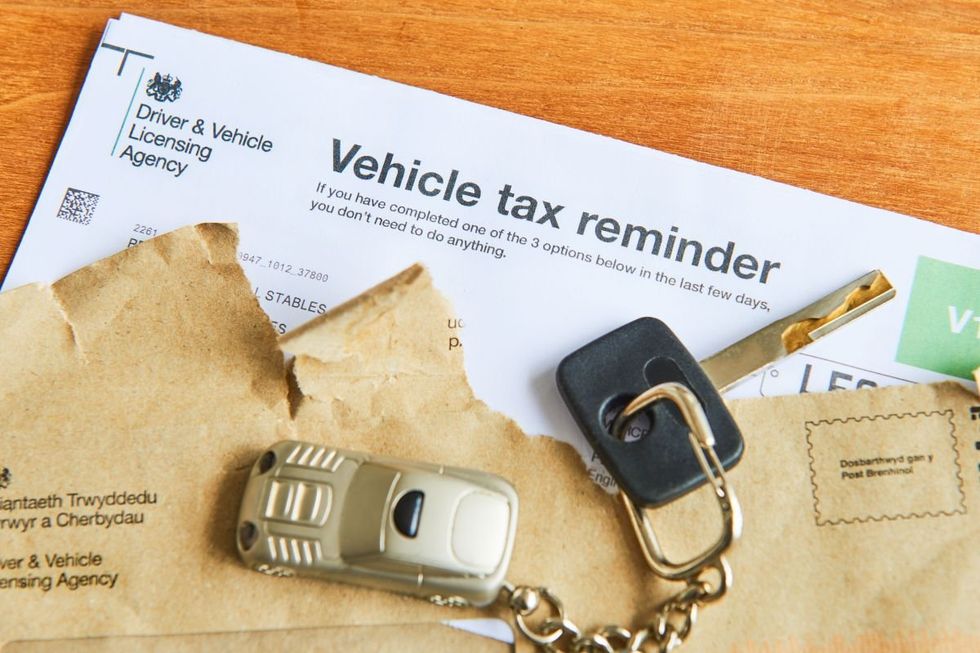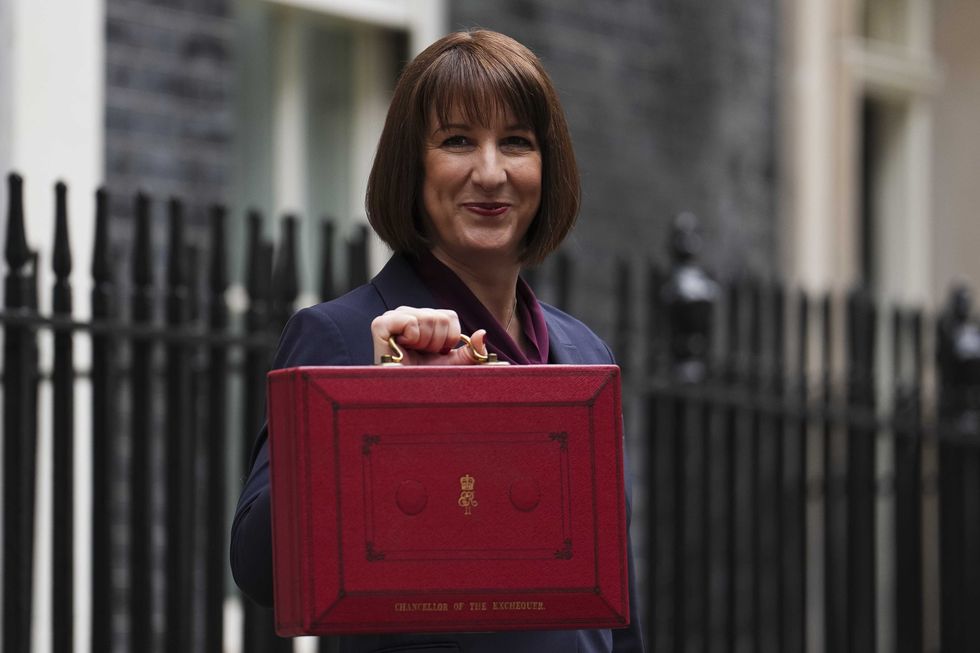Experts are warning that the Government could destroy the momentum of thousands of drivers switching to electric vehicles every month as the Chancellor looks to introduce pay-per-mile car taxes.
As the Chancellor prepares for the Budget announcement on November 26, reports suggest that Rachel Reeves could be planning to introduce a pay-per-mile car tax system.
The rates would see electric vehicle owners pay 3p per mile to drive as the Government attempts to raise money to mitigate the impact of dwindling fuel duty receipts.
As more drivers turn away from petrol and diesel vehicles, Government coffers will lose billions of pounds from fuel sales.
Estimates have suggested that the Treasury could lose as much as £30billion from falling fuel duty revenue. This could be exacerbated further as Labour plans to ban the sale of new petrol and diesel cars within the next five years.
Ginny Buckley, chief executive of Electrifying.com, told GB News that the pay-per-mile plans were evidence of “mixed messaging” from the Government.
Electric car owners have been exposed to Vehicle Excise Duty payments in recent months, while Labour launched a huge £650million incentive scheme to help motorists afford an EV.
The Electric Car Grant can help drivers save up to £3,750 on a new EV with a list price of £37,000 or less. However, only two models – the Ford Puma Gen-E and the Ford E-Tourneo Courier – are eligible for the maximum discount.
READ MORE: Rachel Reeves set to hammer motorists with hated pay-per-mile car tax changes in Budget

Ms Buckley continued, saying: “Drivers are being encouraged to go electric, then hit with the threat of new taxes – you can’t drive the EV transition with one foot on the accelerator and the other on the brake.
“This adds extra cost for EV drivers who can’t charge at home and already pay more per mile on public chargers than many petrol drivers.
“It also penalises those who switched in good faith, based on promised savings – on top of the £40,000 ‘luxury car’ tax now hitting many EVs, which pulls many family cars into a tax meant for luxury vehicles.”
The expert suggested that if the Government is to move ahead with the road pricing plans, it should also unfreeze the 5p cut to fuel duty, which is set to expire in March next year.
LATEST DEVELOPMENTS
- Major British car brand could delay electric-only plans amid strong demand for petrol hybrids
- Pay-per-mile car taxes to impact millions of drivers as Rachel Reeves plots ‘war on motorists’ in Budget
- Rachel Reeves risks ‘slowing the very market we need to grow’ with pay-per-mile car tax plans
Fuel duty has been kept at the same rate for 14 years, despite inflation rises. Ms Buckley highlighted how unfreezing the rate of fuel duty would keep matters fair as more drivers transition to electric cars.
She also questioned how the scheme would work, with many potential pitfalls being identified that could impact the success of the proposed measures.
“How will this be monitored? Could it mean mandatory black boxes in our cars? If so, that’s a conversation we need to have now,” Ms Buckley questioned.
In previous years, experts have laid out suggestions about how the scheme could work successfully for drivers and the Government.

One of the most popular methods could involve drivers estimating how many miles they travel per year and paying 3p per mile. If drivers travel less than anticipated, the money could roll over to the next year, or they can top up if they underestimated their mileage.
Another proposal could include monitoring mileage rates when a driver takes their vehicle for an MOT test.
Vicky Edmonds, CEO of EVA England, said it was the “wrong time” to be introducing such measures, especially with millions of drivers considering making the switch to electric vehicles.
A spokesperson for the Treasury said: “The Chancellor makes tax policy decisions at fiscal events. We do not comment on speculation around future changes to tax policy.”
Our Standards:
The GB News Editorial Charter







Follow